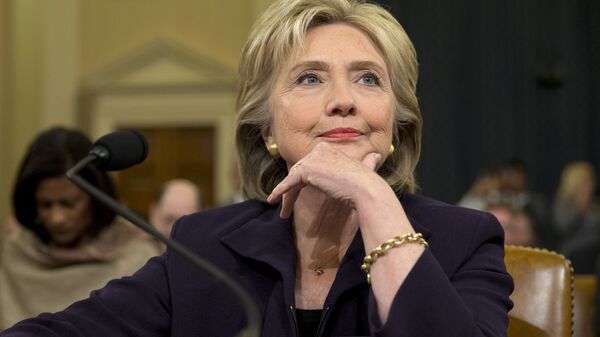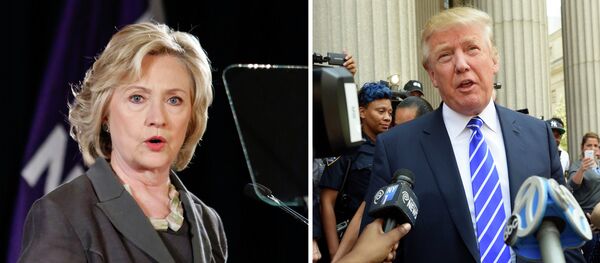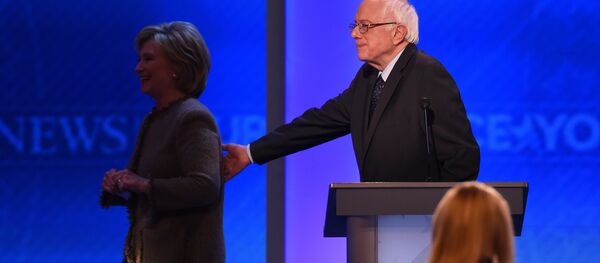US ambassador to Libya Chris Stevens and three other personnel were killed on September 11, 2012, in a fiery siege on the consulate in Benghazi, Libya. Following the attack, YouTube blocked the anti-Muslim clip, which was accused of sparking anti-American protests in the Middle East, and various other countries.
The search engine giant claimed it had rejected a request by the White House to review the suitability of the video. The company said it decided to restrict the clip in certain states to comply with local laws, rather than as a response to political pressure.
Hillary worked with Google CEOs to keep #Bengazhi video from public https://t.co/pETl91muwp https://t.co/QL6DvoYuC2 pic.twitter.com/4IwJkhXqDr
— WikiLeaks (@wikileaks) 18 марта 2016 г.
According to the recent Clinton email revelations, her staff was in contact with Google regarding a blocked YouTube video. On September 27, 2012, then-Deputy National Security Advisor Denis McDonough emailed several people the phone numbers of Page and then-CEO of YouTube Salar Kamangar.
On Wednesday, WikiLeaks launched a searchable archive for the 30,322 emails and email attachments sent to and from Clinton's private email server while she served as the nation's top diplomat. The emails were made available in the form of thousands of PDFs by the US State Department as a result of a Freedom of Information Act request.




